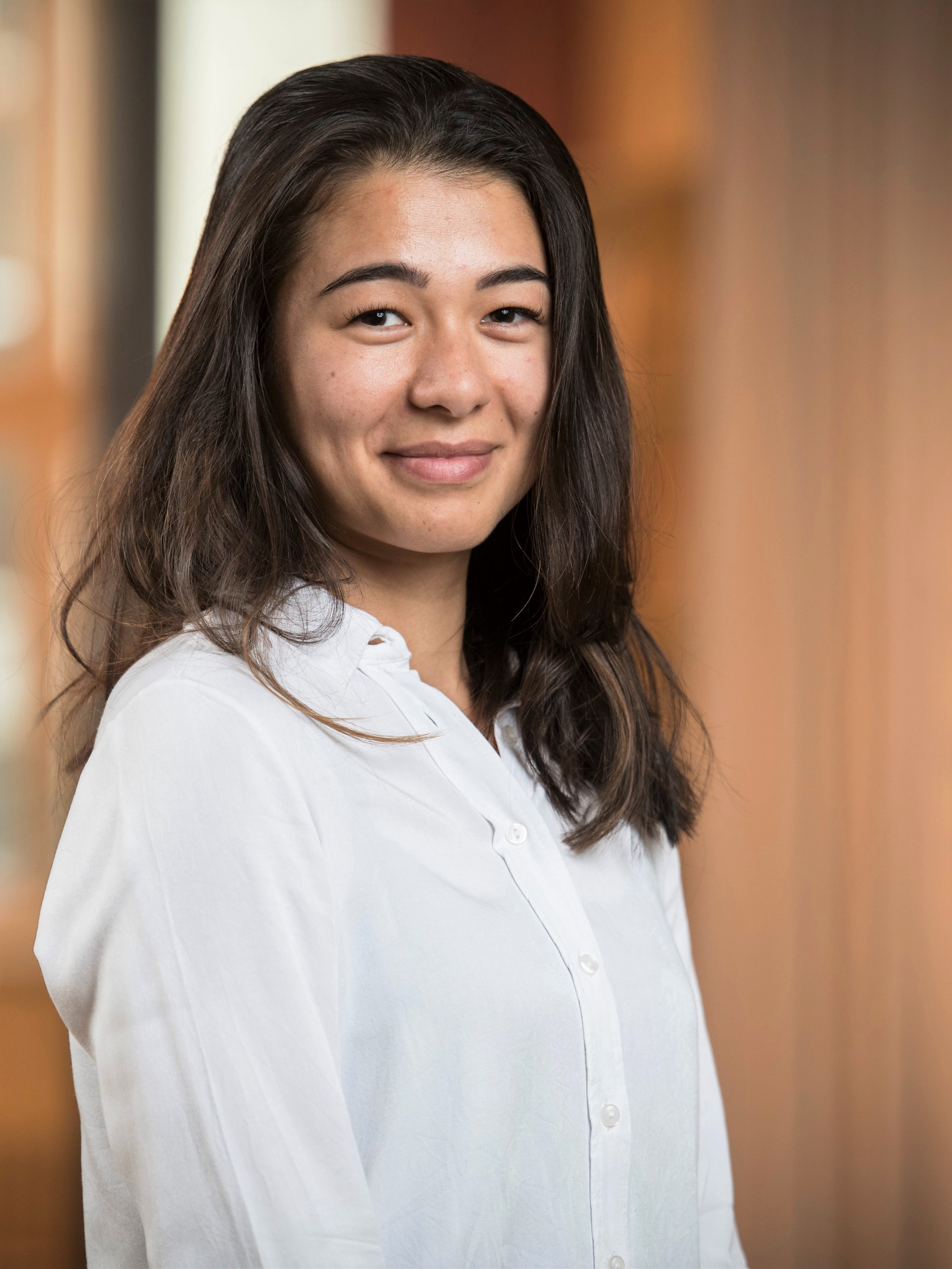Laudato si´ – the pope’s appeal
‘The urgent challenge to protect our common home includes a concern to bring the whole human family together to seek a sustainable and integral development, for we know that things can change. […] Humanity still has the ability to work together in building our common home. […] Young people demand change.’ (LS, 13)
‘I urgently appeal, then, for a new dialogue about how we are shaping the future of our planet. We need a conversation which includes everyone, since the environmental challenge we are undergoing, and its human roots, concern and affect us all.’ (LS, 14)
‘It is essential to seek comprehensive solutions which consider the interactions within natural systems themselves and with social systems. We are faced not with two separate crises, one environmental and the other social, but rather with one complex crisis which is both social and environmental. Strategies for a solution demand an integrated approach to combating poverty, restoring dignity to the excluded, and at the same time protecting nature.’ (LS, 139)
‘Dialogue among the various sciences is likewise needed, since each can tend to become enclosed in its own language, while specialization leads to a certain isolation and the absolutization of its own field of knowledge.’ (LS, 201)
Laudato si’ at the KU
‘I will begin by briefly reviewing several aspects of the present ecological crisis, with the aim of drawing on the results of the best scientific research available today, letting them touch us deeply and provide a concrete foundation for the ethical and spiritual itinerary that follows.’ (LS, 15)
This sentence from the encyclical letter Laudato si’ (LS) implicitly outlines the role that the KU can and must play in preserving creation and ensuring social justice. As a research location, it is dedicated to producing top-quality research findings. Furthermore, as a unique institution for higher education and research, it can and should combine these activities with ethical and spiritual reflection. It can play a role in ensuring that students and researchers allow themselves to be ‘touched deeply’. Then ‘… science and religion, with their distinctive approaches to understanding reality, can enter into an intense dialogue fruitful for both.’ (LS, 62)
The project’s mission: Background – Content – Aims
With his encyclical Laudato si’ – On Care for our Common Home (Vatican City, June 18, 2015), Pope Francis has provided an incredibly useful resource that can be used as a basis to increase awareness of the issue of sustainability within the Catholic Church and in the wider world, allowing its vital spiritual and political significance to be reevaluated. Science, politics, business, and society are called to lead the discussion, and to consider and develop new paths towards transformation.
The Catholic University of Eichstätt-Ingolstadt (KU) and the Federation of German Scientists (VDW) have taken on this challenge. They have made it their mission to study, contextualize, and develop the targets set out in LS through a series of academic events and a variety of other activities as part of a two-year project. In doing so, the KU and the VDW aim to generate impetus for a ‘great transformation’ (see, for example, WBGU report 2011) towards sustainable development.
In this project, major statements from the encyclical are discussed in the context of the latest research findings. The areas that it targets are analyzed, debated, and made a part of a critical discourse in dialogue with experts from science, business, politics, the Church, and civil society organizations. The resulting current global challenges are examined and possible solutions for a great transformation towards a more sustainable society are developed.
The KU-VDW project provides an open and critical discussion forum and platforms for exchange. The project team is monitoring and investigating the status and effects of the encyclical on the basis of scientific analysis. The studies being carried out as part of the project focus on interdisciplinary research into sustainability and transformation.
Head of project
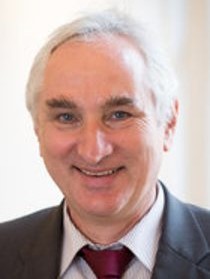
Project coordinator
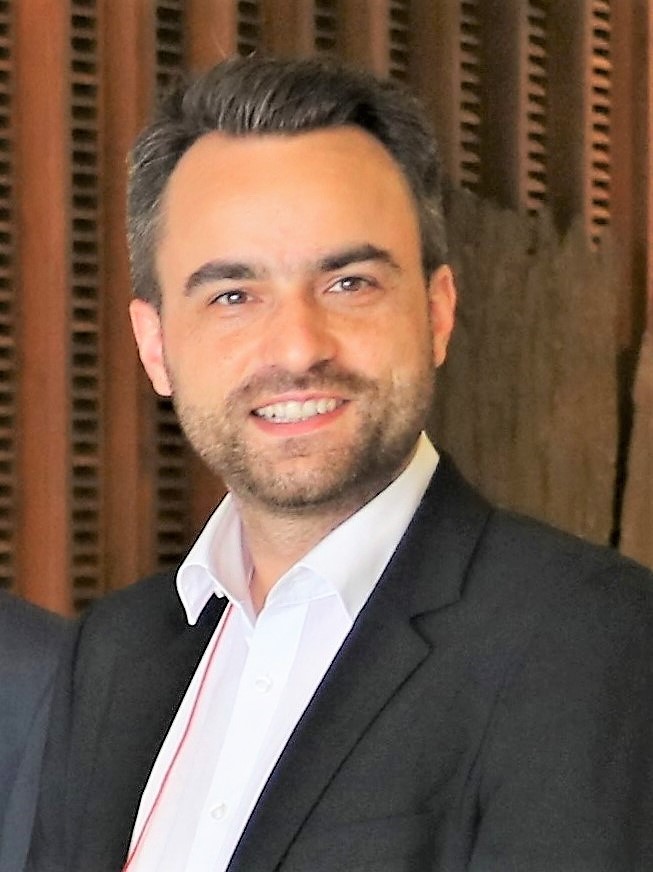
Project coordinator
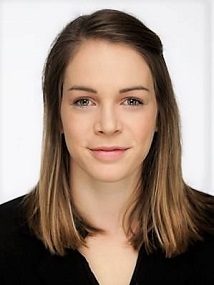
Former project coordinator
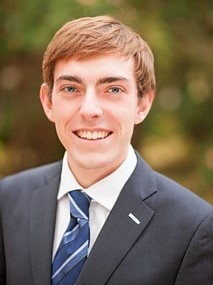
Former project coordinator
